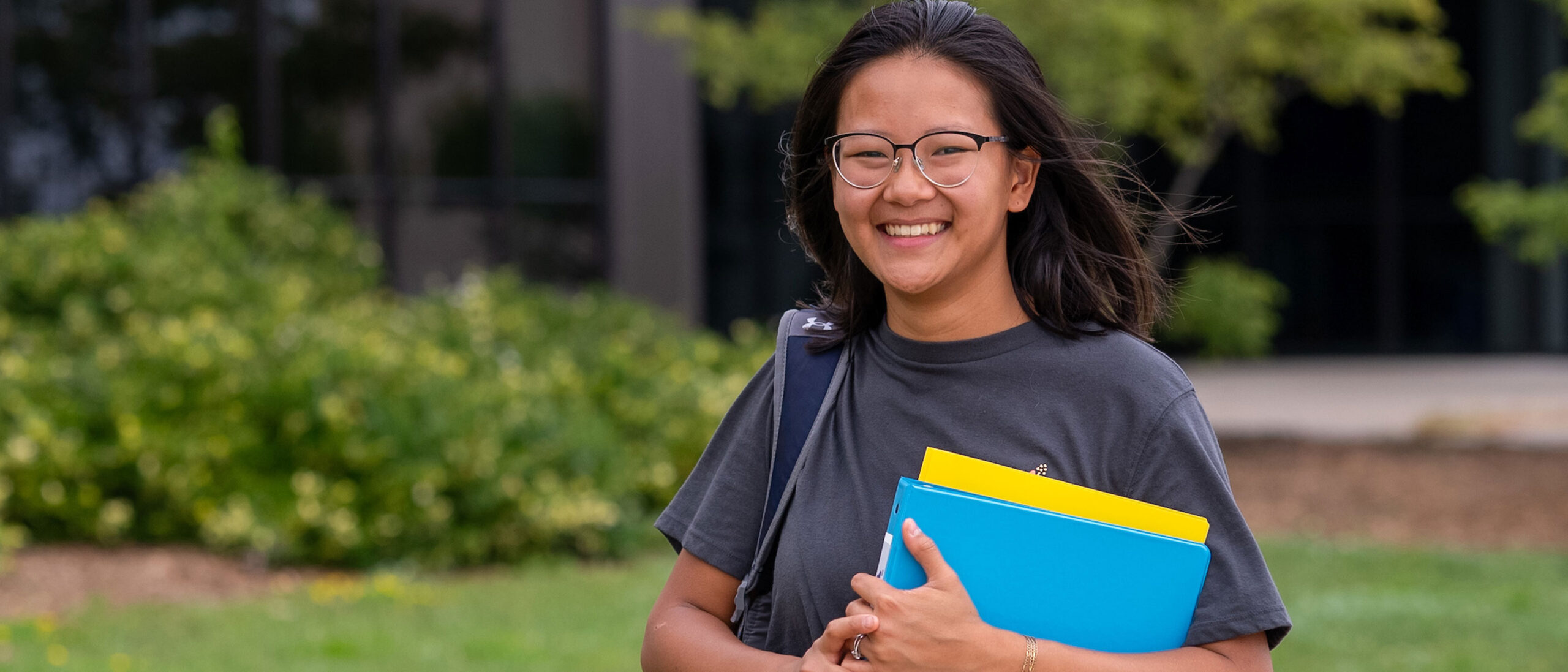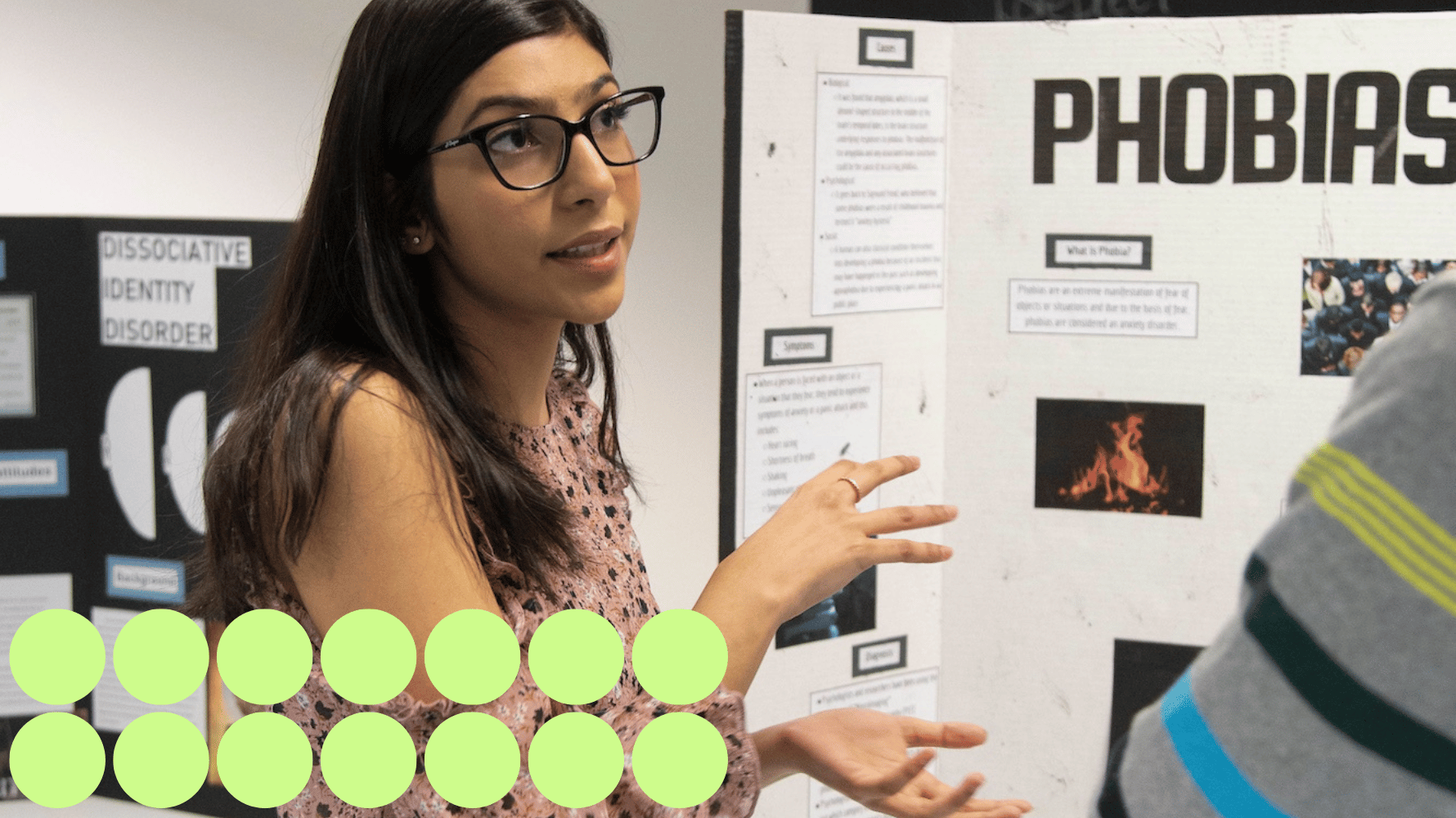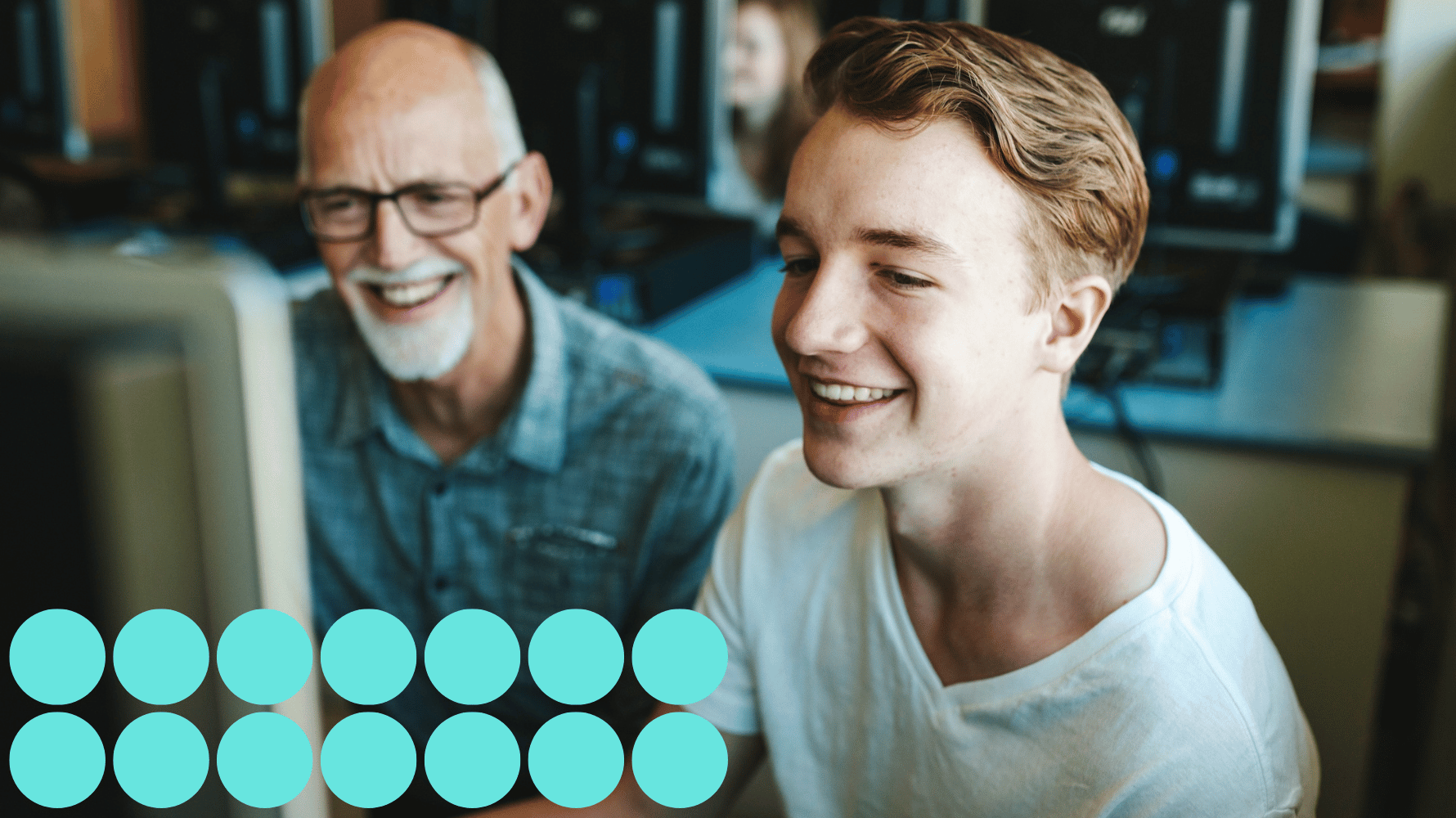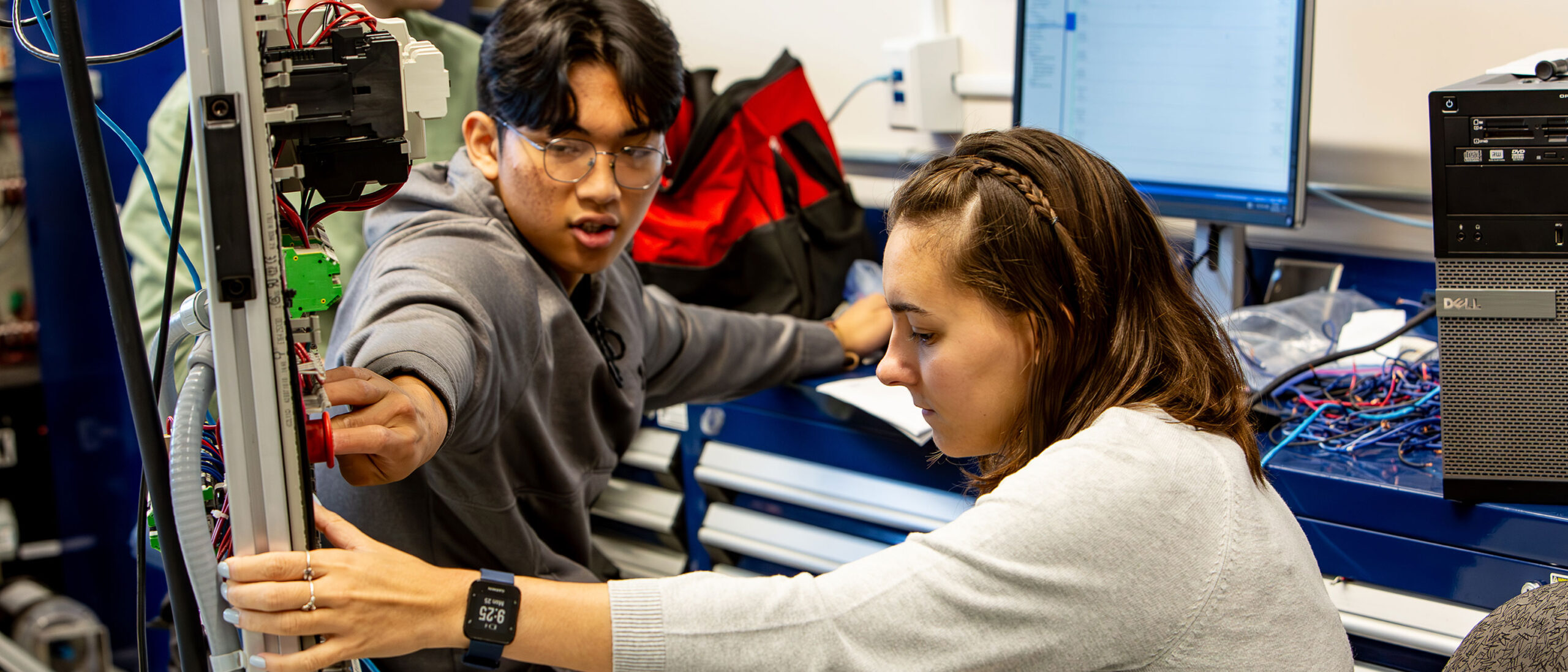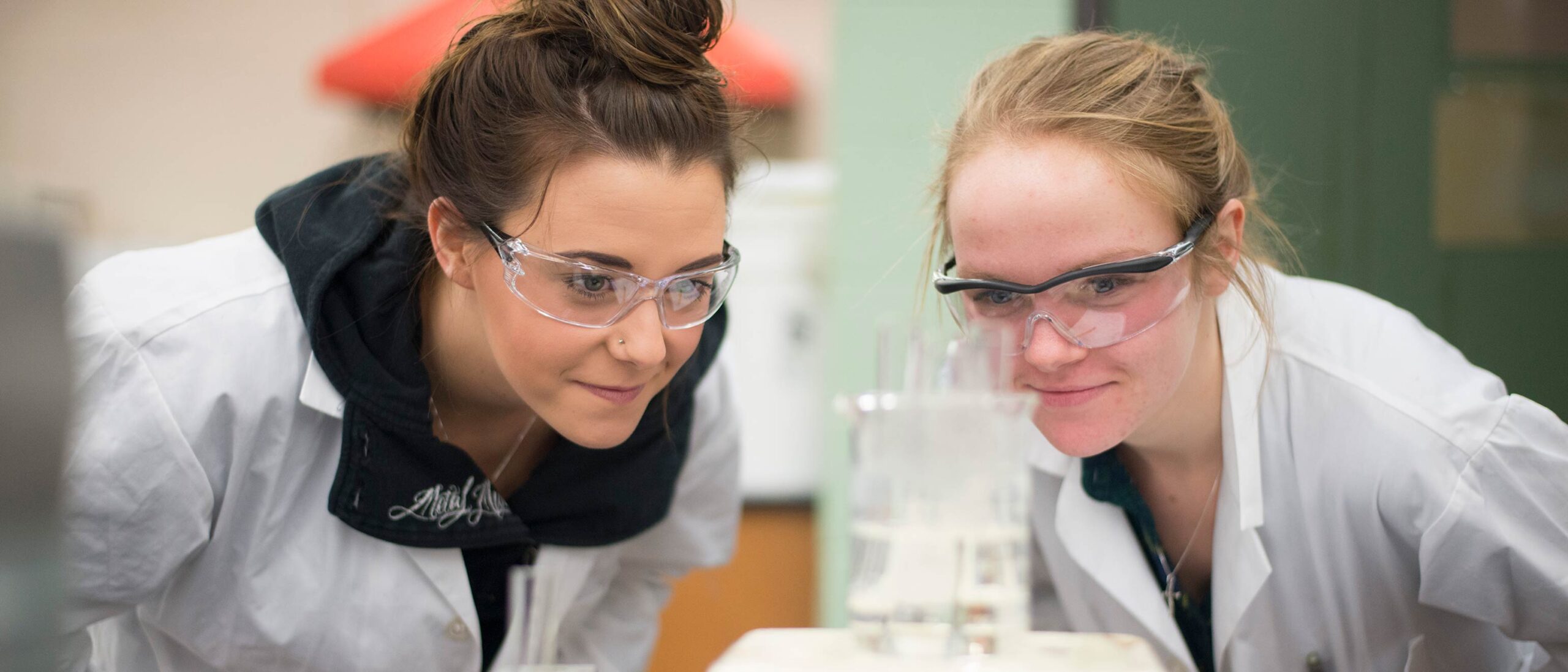Find your career
A broad education in arts and science provides the foundation to succeed in a wide range of careers:
- Graduates of our diploma program become facilitators, social service workers, correctional officers, retail managers, and entrepreneurs. Earning a diploma will prepare students for managerial positions in government, education, criminal justice, human services, education, business, manufacturing, media, technology, and communications, to name a few.
- Others continue their education in a college post-graduate program or apply their credits towards advanced standing at university.

What I enjoyed most about my program was the professionalism of the professors and their genuine desire for students to succeed. I loved doing my field placement at the elementary school because it opened the doors for me to find current employment with the school.
Michelle, General Arts and Science
Is it for you?
This program is designed to meet a wide range of learning needs. General Arts and Science may be a perfect fit if you are:
- Interested in many subjects and want to keep your options open.
- Finishing high school and unsure of your direction.
- Seeking to upgrade your qualifications to gain admission to university.
- Unhappy in your job and want to discover your career passion.

I had a great experience with my professors from the beginning. They supported me all the time, with more than just my academics. They were very understanding and helped me stay motivated.
Harmandeep, General Arts and Science

